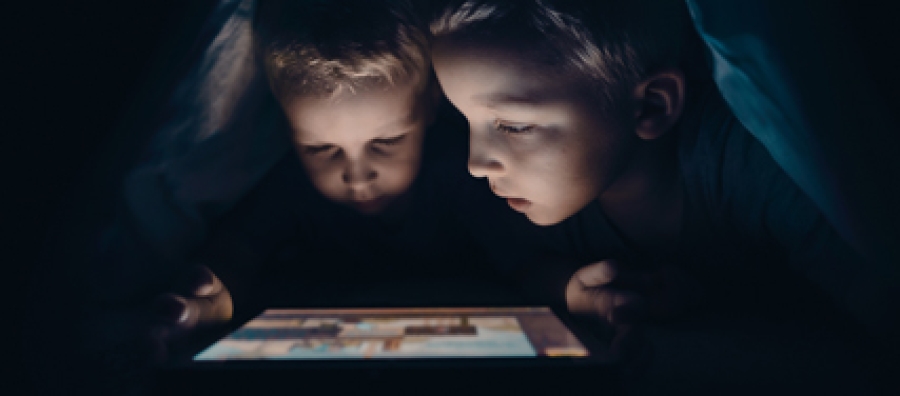Traditionally in the education world we focus on Department for Education and Ofsted announcements, but over the past few months, the number of DCMS (Department for Digital, Media, Culture and Sport) press releases with relevance to keeping children safe online have been more and more regular and it is worth schools keeping an eye on how new legislation will affect protections on the internet and how we support the children and young people in our care.
So what is set to change? Overall, the aim is to make things illegal online if they are illegal offline, and to give the same protection to children and other vulnerable users in the offline space that you would expect online.
I believe that the one key thing that would transform children and young people’s experiences online is if they were not able to access apps, sites and games that are supposed to be for over 13s or over 18s. Pornography is the classic example here, and that is something that after several changes will be covered by the bill for commercial providers and social media where lots of this content ends up. It’s worth mentioning that various studies have shown the scale with which online porn is being seen by children and the harm which is being done. Not to mention that so much of this is extreme and exhibiting harmful sexual behaviours that are being ‘taught’ to our young people by the internet.
The good news is that age verification will now be required, and not just the classic “enter your date of birth” or “grab your parents’ credit cards” but true user identification. There are some privacy concerns about this from some parties, but the last few years have seen some great BSI standards on how to do this without sharing your identity with tech companies, and many new providers of the required technology.
The next steps are expected to be for this same kind of approach to be taken for the use of social media in general, which may lead to more age-appropriate and child-friendly apps thriving if they no longer need to compete with large platforms which claim to be for older users but which are full of children. That may help schools with messaging around only using age-appropriate sites for students and parents, as we know how easy it is for these to be undermined.
Parental control, however, is one thing that has not been covered explicitly by the bill. The new independent regulator will be Ofcom, and hopefully the codes of conduct they lay out will cover these issues and help ensure more effective controls. Personally, I would like to see more done here, for example, child settings being turned on by default and made easier to use.
The key thing that schools can do to support families, is by pointing them to the controls already in place – a little bit of effort before giving children new devices or allowing them onto new apps and games definitely pays off in the long run, so make sure you regularly remind parents of the settings and other measures they can take. We have lots of examples and a family agreement along with tips for how to talk to children about online harms at parentsafe.lgfl.net.
I’d be interested to hear what you think, and what your pupils have to say about it? Keep an eye on the news as there are some great opportunities for class discussion and debate which may reveal a lot to you about what we need to keep children safe from. The bill will never be perfect and the proof of the pudding, as ever, remains in the eating, or rather its implementation and enforcement by Ofcom. But anything that helps keep children safe should be welcomed and it is great to see us moving in the right direction to create a safer internet.



















